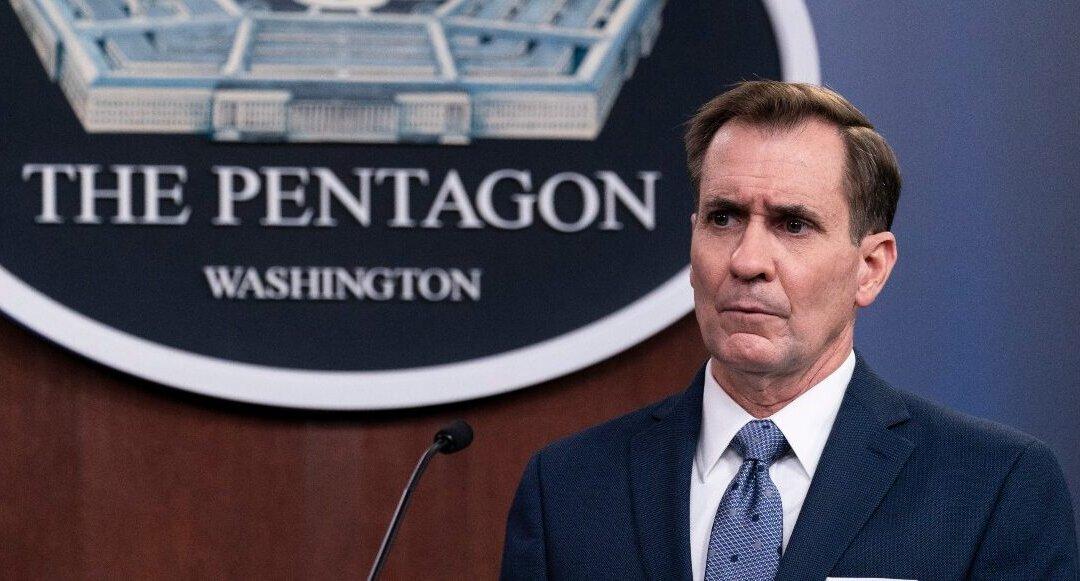A spokesperson for the Department of Defense (DOD) said that most U.S. troops will arrive in Kabul by the end of the weekend, adding that some troops have already arrived.
“We have noted with great concern the speed with which they have been moving,” Pentagon spokesman John Kirby told reporters, referring to the Taliban having taken over swaths of the country in recent days.





